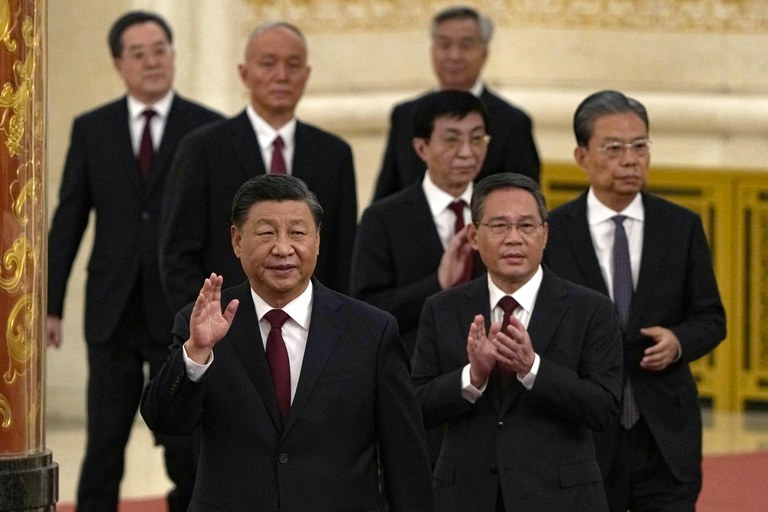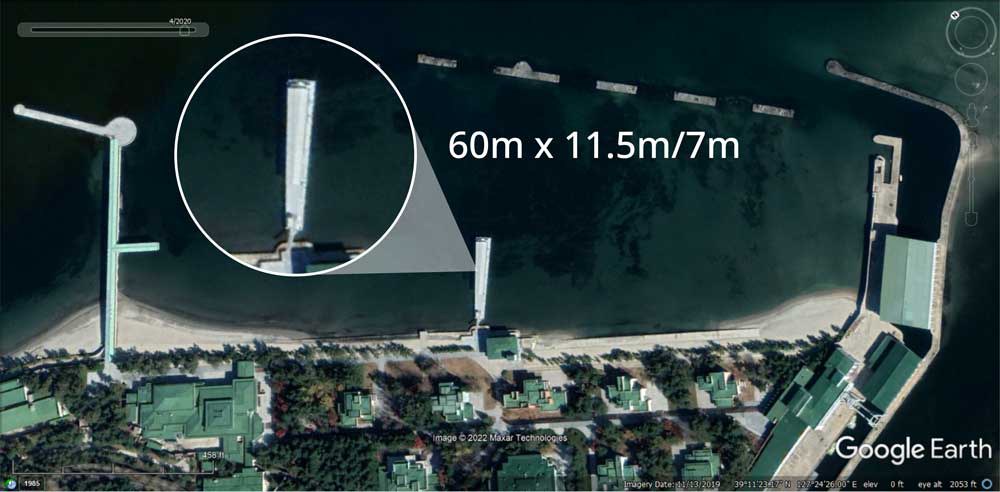Dozens of ethnic rebels killed alongside civilians in Myanmar airstrike
An ethnic rebel group said Wednesday that dozens of its personnel were among those killed along with 17 civilians, in what is believed to be the bloodiest single airstrike in Myanmar since last year’s military coup. The revelation comes as top diplomats from Southeast Asia prepare for emergency talks on Myanmar after more than a year of diplomacy has failed to end the country’s political crisis and halt widespread violence. Col. Naw Bu of the ethnic Kachin Independence Organization (KIO) told RFA Burmese that on Tuesday evening, a KIO staffer succumbed to injuries he sustained in the Oct. 23 attack on Kachin state’s Hpakant township, bringing the death toll from the incident to 63. Of the dead, 46 were KIO officers, including the commander of the 9th Brigade of the Kachin Independence Army, the group’s military wing. “According to the list sent to me yesterday, there were 62 bodies and 62 injured,” he said of the tally prior to the additional death on Tuesday evening. “The death toll may continue to rise.” Of the remaining 61 injured, 33 are KIO officers and 28 are civilians, Naw Bu said, adding that rescuers continue to search for people missing after the attack and are working to identify those on the list of casualties. Sunday’s carnage was the result of military jets dropping munitions on a concert celebrating the 62nd anniversary of the KIO’s founding. Among the 63 dead were two KIA officers, members of the Kachin business community, religious leaders, prominent Kachin vocalist vocalist Aurali Lahpai, keyboard player Ko King, and a Myanmar-born Chinese national named Kyar Kyo, residents said. Injured seek to circumvent military roadblocks As rescue efforts continued on Wednesday, residents told RFA that the military had yet to remove roadblocks set up in the aftermath of the attack. They said no traffic was allowed to come in or out of the area from Hpakant, around 15 miles away, leaving them short of the medical supplies they need to care for the injured. “There are too many injured patients and too few nurses here,” said one resident assisting the wounded, speaking on condition of anonymity. “Some have died because they didn’t get the treatment they needed … The medication we already have is barely sufficient either.” Meanwhile, family members have been unable to claim the bodies of their loved ones because junta authorities are refusing to allow vehicles through checkpoints to carry them home, sources said. A resident of Hpakant told RFA that some of those in need of medical treatment are taking huge risks to leave via footpaths in the jungle. “Some people walked very risky and dangerous paths through jungles and over several mountains to return home – I think three or four of them. They carried some seriously injured people with them, but they couldn’t bring all of them,” said one resident, speaking on condition of anonymity. “There aren’t enough people to carry them out through the mountains. Some are still in the jungle getting what little medical help they can. They have no access to clinics or hospitals.” Win Ye Tun, the junta’s spokesman for Kachin state, told RFA he had no way to organize assistance for the injured amid ongoing tensions between the military and the KIA. “When the situation is safer here in the Hpakant area, we are going to start helping,” he said. The junta has said it was justified in its airstrike on the KIO gathering as a response to attacks on military bases and boats by the KIA and anti-junta People’s Defense Force paramilitary groups, which it calls “terrorist organizations.” It maintains that the only casualties in the attack are members of the KIA and PDF. The U.N. and foreign embassies have condemned the attack for causing mass civilian casualties in statements the junta foreign ministry dismissed on Tuesday as fabricated claims meant to interfere in Myanmar’s internal affairs. Special envoy The latest reports from the military attack in Kachin state came as the U.N. special envoy for Myanmar told the U.N. General Assembly’s human rights committee in New York that the political crisis in the nation is taking “a catastrophic toll on the people.” Speaking to the assembly on Tuesday evening, Noeleen Heyzer said that more than 13.2 million of the country’s 54.4 million people lack enough food to eat, while 1.3 million are displaced by fighting and raids by a military using disproportionate force, including arson and the killing of civilians. The address marked Heyzer’s first at the U.N. in New York since visiting Myanmar in August and meeting with junta chief Snr. Gen. Min Aung Hlaing, who she said she had urged to end aerial bombing and the burning of civilian infrastructure, as well as non-discriminatory distribution of aid. Heyzer said that she has been working with the Association of Southeast Asian Nations (ASEAN), of which Myanmar is a member, to restore stability in the country, despite the junta’s failure to uphold its end of the bloc’s Five-Point Consensus, agreed to in April 2021. The plan calls for an immediate end to violence, a dialogue among all concerned parties, mediation of the dialogue process by an ASEAN special envoy, provision of humanitarian aid through ASEAN channels and a visit to Myanmar by the bloc’s special envoy to meet all concerned parties. ASEAN foreign ministers are planning to hold an emergency meeting in Jakarta, Indonesia on Thursday to discuss the status of the agreement ahead of the bloc’s annual summit on Nov. 10 in Cambodia’s capital Phnom Penh. ASEAN has not extended an invitation to junta Foreign Minister Wunna Maung Lwin to attend Thursday’s meeting. Kyaw Zaw, the spokesman for the office of the president of Myanmar’s shadow National Unity Government, said that the meeting will likely discuss actions that can be taken against the junta to ensure that it implements the Five-Point Consensus, “because there is no positive outcome, no progress.” He also urged ASEAN to extend negotiations to the National Unity Government and all opposition parties…





